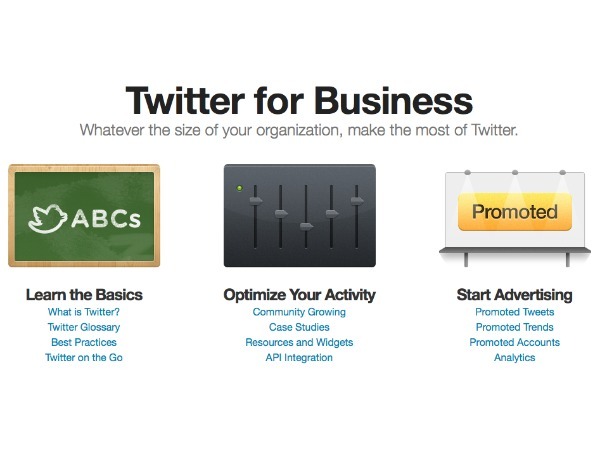 Affirming reports from a couple weeks ago, Kleiner Perkins Caufield & Byers has led a new $200 million round for Twitter that values the microblogging startup at $3.7 billion. The round is exactly four times larger than the last round raised by Twitter, back in September 2009.
Affirming reports from a couple weeks ago, Kleiner Perkins Caufield & Byers has led a new $200 million round for Twitter that values the microblogging startup at $3.7 billion. The round is exactly four times larger than the last round raised by Twitter, back in September 2009.
Even more amazingly, the round bests other megalithic rounds from earlier this year, including the $147 million Zynga raised from Softbank in June and the $135 million Groupon raised from DST in April. Let’s not forget, however, that Zynga in 2009 raised $180 million from DST at an estimated $3 billion valuation.
Just for perspective, while Twitter, Zynga and Groupon are three of the most hyped up Web companies, widely expected to meet and sustain wild success, all three have valuations under $5 billion, a fraction of social titan Facebook’s $50 billion valuation. I bring up these numbers, not to minimize Twitter’s accomplishment, but to point out that if Facebook can be valued that highly without a clear plan for monetization, why criticize Twitter for not having revenue yet?
As part of the deal, Mike McCue and David Rosenblatt will be joining Twitter’s board of directors. Interestingly, key Kleiner partner John Doerr was barred from receiving a board seat because his directorial position at Google was seen as a potential conflict of interest, according to a source close to All Things Digital.
On the same day that Twitter revealed the new epic round of institutional funding, the company also made a couple other major announcements. First, the Twitter for Business site has been revamped, signaling the startup’s desire to show its business side a little more.
Twitter also posted some interesting statistics: in the past year, users have posted 25 billion tweets and over 100 million new accounts have been created. The company itself has more than doubled in size, from 130 people to over 350, which is actually 50 more than we reported less than two months ago. Because Twitter still lists nearly 40 open positions on its “Working at Twitter” page, the subtext seems to be that this startup is still in the process of ballooning to the size it needs to be to hone what could be a thriving business.
If you’re surprised that Twitter has already burned through the $50 million it raised a little over a year ago, don’t be too hasty. A month before this most recent round closed, Evan Williams, former Twitter CEO and current head of product, told the audience at Web 2.0 Summit that, though he couldn’t comment on the state of the rumored new round, Twitter had “a lot of money in the bank.” Of course, he might have just needed to say that so potential investors, like DST’s Yuri Milner and Kleiner’s John Doerr, wouldn’t feel like Twitter desperately needed their support.
In either case, the company is doing what every startup should do at any stage, according to all three Vator Splash speakers from last night: that is, raise funding whenever you can, not just when you need it. Now that it has even more cash in the bank, Twitter doesn’t have to be hesitant in the slightest about paying all those first-year salaries.























